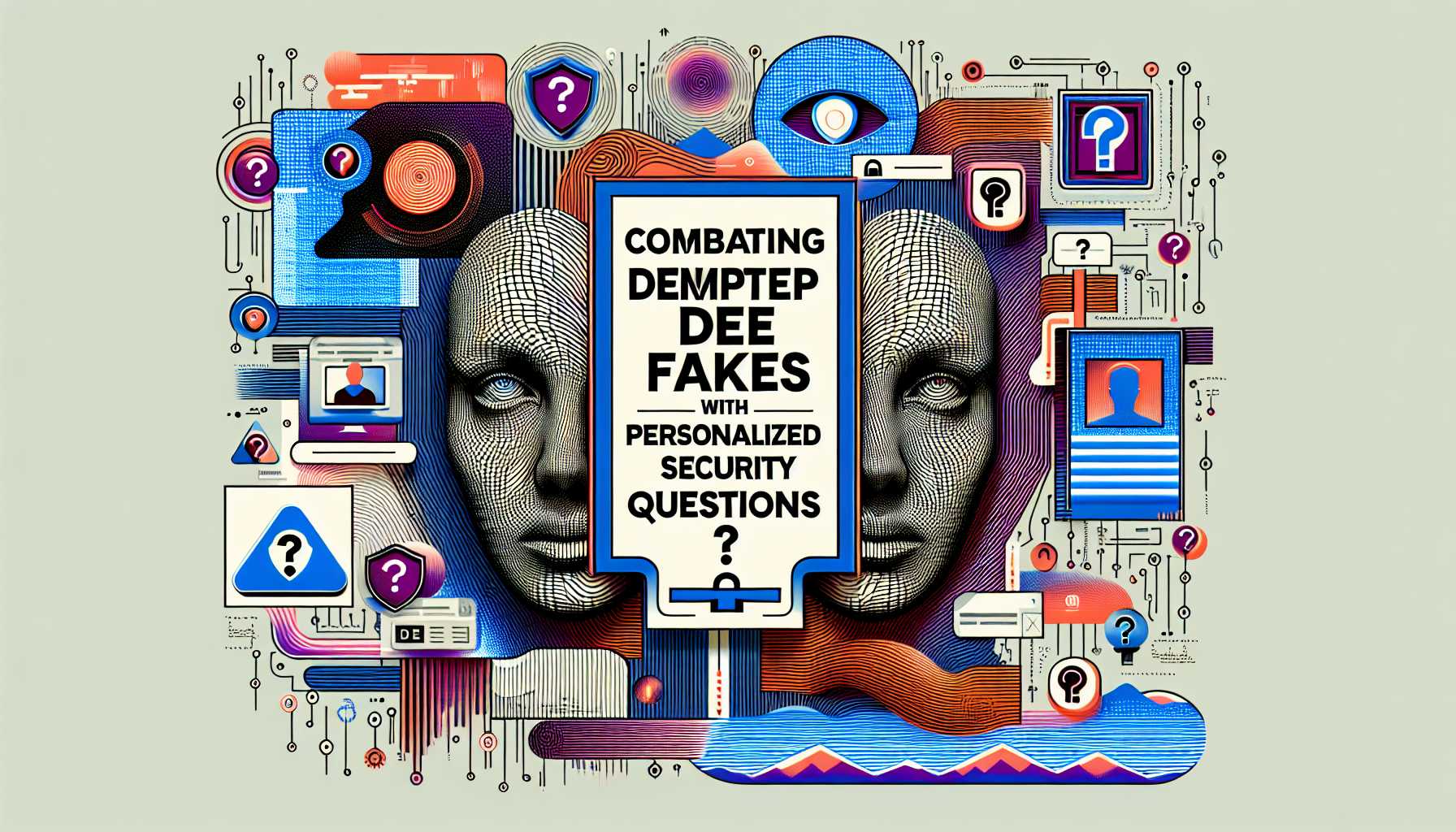
The Perils of Deepfakes
As AI-generated simulators known as deepfakes become more advanced, discerning real from faked content online poses a significant challenge. The severity of this threat to internet security and trust has spurred Ethereum co-founder Vitalik Buterin to suggest a novel defense: personalized security questions derived from intimate human connections.
Memory Maze Defense
Rather than typical security data, Buterin’s concept hinges on memories only true acquaintances would know, such as an inside jest from one's college years or a quirky nickname only a grandmother would use. Recognizing memory lapses as an additional safeguard, Buterin's proposal extends beyond mere questions, envisioning a layered security stratagem for critical Ethereum transactions, thus severely hindering would-be imposters.
Challenges and Potential
Despite recognizing Buterin's ingenuity and the potential efficacy of his method, its practicability raises multiple concerns. Questions of secure storage, scalability amidst a broader populace, accessibility for various demographics, and its long-term resilience against progressively intelligent AI loom large. Yet, Buterin’s 'memory maze' concept ignites imperative discourse on protecting our digital identities against increasingly sophisticated online duplicities.
Subscribe to get the latest Crypto Updates
Sign up to receive regular updates packed with exciting news and exclusive insights into upcoming crypto projects.

